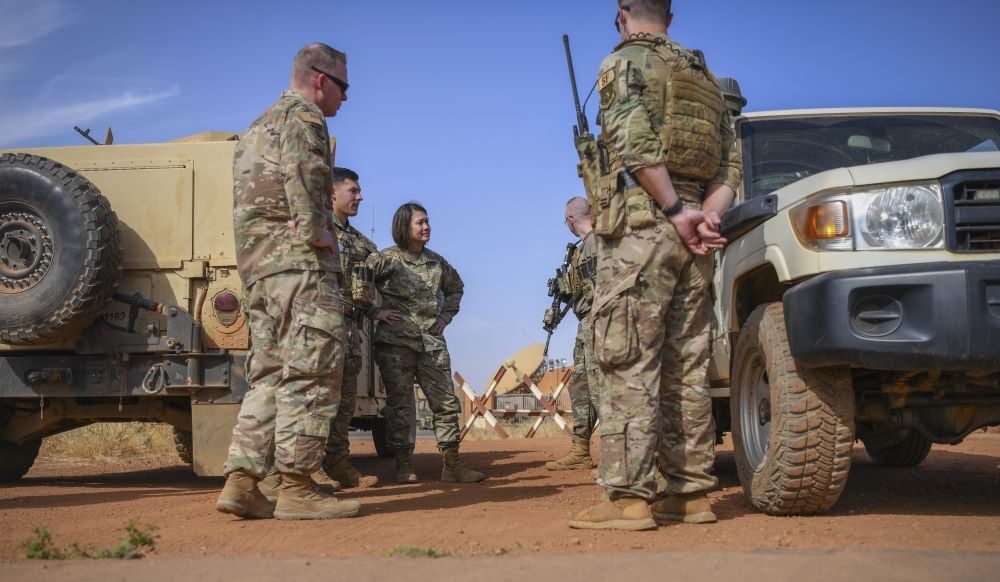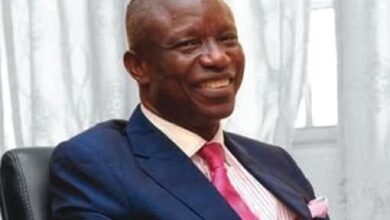Activists warn Tinubu, NASS leadership against relocation of American, French bases from Sahel to Nigeria

*As activists say foreign troops will serve interests of NATO
*Note terrorism has risen with US, French bases in Niger, Mali, others
By OUR REPORTER
“Far from abating, terrorism and fatality figures actually rose dramatically since the US began operations in the Sahel, the authors stressed.”
An open letter has been issued to President Bola Ahmed Tinubu and the National Assembly on the dangers of accepting the relocation of American and French military bases hitherto based in Mali, Niger and Burkina Faso but now rejected and sent away by the Sahel countries.
Nigerian scholars and activists, who authored the letter, are saying that it will be a breach of the spirit of good neighbourliness between Nigeria and the countries which expelled the foreign military bases, for Nigeria to now be the safe haven for them to settle.
The signatories to the open letter are Abubakar Siddique Mohammed of the Centre for Democratic Development, Research and Training (CEDDERT), Zaria; Kabiru Sulaiman Chafe, Arewa Research and Development Project (ARDP), Kaduna; Attahiru Muhammadu Jega, Bayero University, Kano; Jibrin Ibrahim, Centre for Democracy and Development (CDD), Abuja; Auwal Musa (Rafsanjani), Civil Society Legislative Advocacy Centre (CISLAC), Abuja; and Y. Z. Ya’u Centre for Information Technology and Development (CITAD), Kano.
Citing common knowledge of American lobbying for a new West African country for the base expelled by the three countries, the letter argues that a Gulf of Guinea in contrast to a non-Gulf of Guinea country is the preference of the Americans and the French for the new base. Hence, the strategic status of Nigeria on the list. But it points at favourable disposition of the government in power in Nigeria to accepting the base seekers, warning of dangers in doing so.
Other than historical good neighbourliness, the letter maintained the foreign troops would be serving the interests of NATO by way of surveillance operations for the base owners.
This, it asserted, was what happened in Niger Republic where the bases have been located but where the essence of counter-terrorism was not served. Far from abating, terrorism and fatality figures actually rose dramatically since the US began operations in the Sahel, the authors stressed.
Falling back on the rejection of two previous attempts at gaining foothold in Nigeria through a defence pact by the UK and the US, the writers concluded there could only be dangers but no gains if the bases were allowed.
“We the signatories of this open letter believe strongly that the economic and environmental impacts of hosting foreign military bases are profound and far-reaching”, the writers insisted, pointing out further that “… hosting foreign troops often leads to increased prices and living costs in local areas, disproportionately affecting the lower-income population.”
It concluded by asserting how it is incumbent upon the leadership to heed the lessons of history and the voice of its people “as stewards of Nigeria’s sovereignty and guardians of its national interests”, noting again how the relocation of foreign military bases to Nigerian soil “represents not just a potential compromise of our sovereignty but also sets a precedent that may lead to unforeseen geopolitical, economic, and social consequences”.









